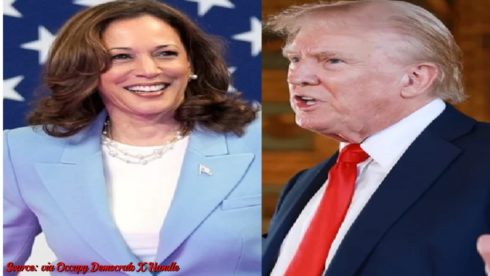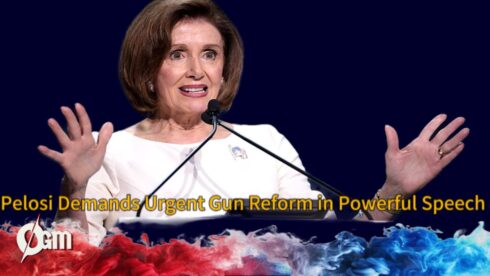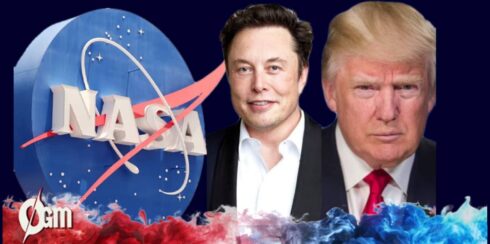With one day remaining until the U.S. presidential election, Vice President Kamala Harris and former President Donald Trump are on whirlwind tours across key battleground states to secure every possible vote. Both candidates have crisscrossed Pennsylvania, Michigan, and Georgia in a final effort to sway undecided voters in an exceptionally close race. Harris’s campaign events have highlighted her commitment to resolving the Gaza conflict, pledging to “do everything in my power” to end the war. Meanwhile, Trump’s rallies have become a platform for him to repeat unproven claims of election fraud in Pennsylvania, aiming to cast doubt on the integrity of the electoral process.
Trump’s campaign has faced scrutiny after his recent controversial comments on “shooting the media,” a statement his team has since clarified. Harris, on the other hand, has avoided direct attacks on Trump in her final speeches, opting instead to focus on positive messages about her vision for the future. The two candidates are set to conclude their campaigns in Pennsylvania, a state considered critical for victory by both camps.
Misinformation Clouds Election’s Final Hours
In the lead-up to Election Day, misinformation has surged across social media platforms, intensifying doubts among voters. Baseless allegations of voter fraud and manipulated voting machines have spread rapidly, fueled by both fringe groups and mainstream supporters. Many of these claims, often unsupported by credible evidence, align with Trump’s narrative of a “rigged” election, echoing his unfounded claims of victory in 2020. The Department of Homeland Security has reported that foreign entities are also contributing to the disinformation storm, with alleged interference from countries like Russia aiming to erode public trust.
For election officials, the challenge is twofold: they must both dispel misleading narratives and ensure that voters feel confident in the integrity of the electoral process. Some states have deployed rapid response teams to address concerns and counteract online rumors in real-time, aiming to prevent potential unrest or voter suppression on Election Day.
Faith and Values on the Campaign Trail
Religion has taken center stage in the final days of the campaign, with both Harris and Trump reaching out to religious communities. Harris recently spoke at a Black church, weaving Biblical verses into her message and urging the congregation to support her bid for the presidency. Her words resonated deeply with the audience, reflecting the campaign’s broader outreach to religious African American communities in swing states.
Trump has also appealed to religious voters, particularly white evangelical Christians, who have remained a core part of his support base. At one of his rallies, he promoted his own version of the Bible, highlighting his dedication to “making America pray again.” This move is aimed at reinforcing his conservative base’s loyalty, especially in light of his Supreme Court nominations that have influenced key issues like abortion. Both candidates recognize the pivotal role religious voters may play in swinging close races in key states.
Healthcare Debate Heats Up as Trump Touts RFK Jr.
Healthcare policy has become a hot-button issue, with Harris strongly criticizing Trump’s proposal to involve Robert F. Kennedy Jr., a known vaccine skeptic, in healthcare decision-making. Harris has condemned Kennedy’s stance on healthcare and vaccines, warning that his involvement could undermine public health efforts. Speaking on a popular podcast, she expressed concern over Kennedy’s influence on medical policy, citing the high stakes for American healthcare.
In contrast, Trump has promised to give Kennedy a “big role” in his administration should he win, hinting at potential shifts in U.S. vaccine policies. While Trump supporters view this as an alignment with their anti-mandate sentiments, Harris has argued that Kennedy’s views pose a risk to medical science and public health. The stark divide on healthcare policy highlights broader ideological differences, adding another layer of intensity to an already fiercely contested election.














